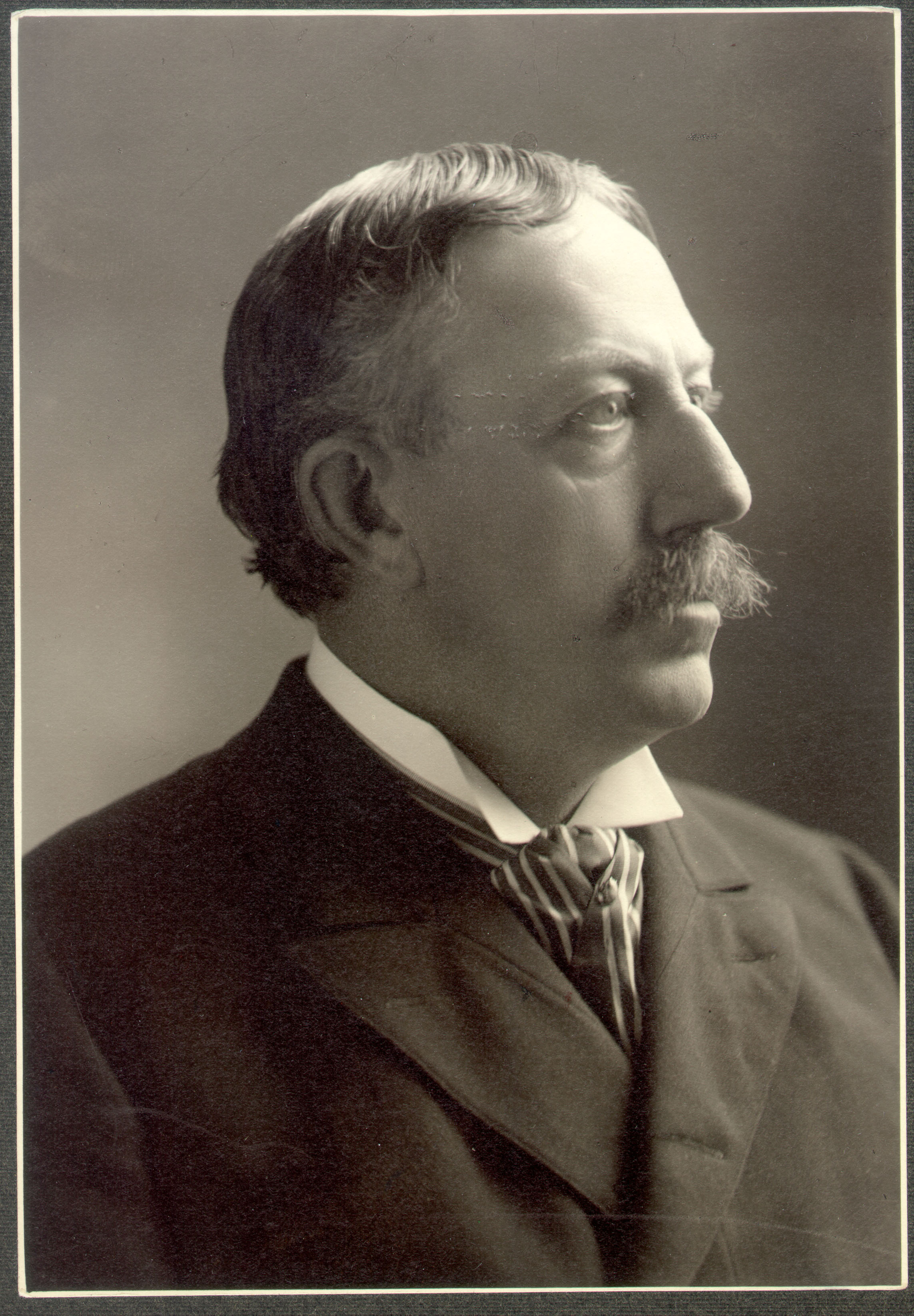5fish
Well-Known Member
- Joined
- Jul 28, 2019
- Messages
- 14,788
- Reaction score
- 5,466
The Eugenics movement in America stated after our Civil war and after Darwin published his famous work in 1859 and later Mendel works was published in 1865, two years after his death. These were used by Darwin's younger cousin Francis Galton to create Eugenics in 1869... which all let to Social Darwinism and Scientific racism...
snip... from wiki...
He was a pioneer in eugenics, coining the term itself[3] and the phrase "nature versus nurture".[4] His book Hereditary Genius (1869) was the first social scientific attempt to study genius and greatness.[5]
http://www.eugenicsarchive.org/html/eugenics/essay1text.html
Snip...
American eugenics developed in the wake of turbulent economic and social problems following the Civil War. The rapid growth of American industry, coupled with the increased mechanization of agriculture, created the first major migration away from farms, and cities expanded faster than adequate housing.
Social Darwinism had attempted to explain away social and economic inequalities as the "survival of the fittest." However, by the turn of the century, this simplistic idea had been turned on its head. A declining birthrate among the wealthy and powerful indicated that the captains of industry were, in fact, losing the struggle for existence. The working class not only was organizing against them, but they were also out-reproducing them.
Solving the new problems of industrialization demanded a change from laissez-faire to managed capitalism – toward the increased role of government and planning in the economic and social sphere. This new philosophy became known as progressivism. Embedded in progressivism was the idea of scientific management – long-range planning by university-trained experts. This new managerial class became increasingly vital to the economic process. In a country that had nurtured a reverence for invention, the use of scientific management had a special appeal. Progressive reformers had a strong faith in science as the cure-all that would herald in a new era of rational control of both nature and human society.
Snip... wealthy named peopled supported...
https://www.newyorker.com/books/page-turner/the-forgotten-lessons-of-the-american-eugenics-movement
A sloppy reading of Gregor Mendel’s pea pods and Charles Darwin’s theories gave a scientific veneer to the conclusion that many social ills were caused by the proliferation of the wrong sort of people and that they could be neatly nipped in the bud with the intervention of eugenics—a term coined, in 1883, by Darwin’s half-cousin Francis Galton, who declared it “a virile creed, full of hopefulness.” Soon, the United States, along with Germany, was at the forefront of the movement to improve the human species through breeding. Scientific American ran articles on the subject, and the American Museum of Natural History hosted conferences. Theodore Roosevelt, Alexander Graham Bell, John D. Rockefeller, Jr., and many other prominent citizens were outspoken supporters. Eugenics was taught in schools, celebrated in exhibits at the World’s Fair, and even preached from pulpits. The human race, one prominent advocate declared in 1909, was poised “to dry up the springs that feed the torrent of defective and degenerate protoplasm.”
https://www.nature.com/scitable/for...dden-history-the-eugenics-movement-123919444/
Supreme Court Justice Wendell Holmes opined, “It is better for all the world, if instead of waiting to execute degenerate offspring for crime, or to let them starve for imbecility, society can prevent those who are manifestly unfit from continuing their kind....Three generations of imbeciles is enough” (Black 2003). This decision legitimized the various sterilization laws in the United States.
snip... from wiki...
He was a pioneer in eugenics, coining the term itself[3] and the phrase "nature versus nurture".[4] His book Hereditary Genius (1869) was the first social scientific attempt to study genius and greatness.[5]
http://www.eugenicsarchive.org/html/eugenics/essay1text.html
Snip...
American eugenics developed in the wake of turbulent economic and social problems following the Civil War. The rapid growth of American industry, coupled with the increased mechanization of agriculture, created the first major migration away from farms, and cities expanded faster than adequate housing.
Social Darwinism had attempted to explain away social and economic inequalities as the "survival of the fittest." However, by the turn of the century, this simplistic idea had been turned on its head. A declining birthrate among the wealthy and powerful indicated that the captains of industry were, in fact, losing the struggle for existence. The working class not only was organizing against them, but they were also out-reproducing them.
Solving the new problems of industrialization demanded a change from laissez-faire to managed capitalism – toward the increased role of government and planning in the economic and social sphere. This new philosophy became known as progressivism. Embedded in progressivism was the idea of scientific management – long-range planning by university-trained experts. This new managerial class became increasingly vital to the economic process. In a country that had nurtured a reverence for invention, the use of scientific management had a special appeal. Progressive reformers had a strong faith in science as the cure-all that would herald in a new era of rational control of both nature and human society.
Snip... wealthy named peopled supported...
https://www.newyorker.com/books/page-turner/the-forgotten-lessons-of-the-american-eugenics-movement
A sloppy reading of Gregor Mendel’s pea pods and Charles Darwin’s theories gave a scientific veneer to the conclusion that many social ills were caused by the proliferation of the wrong sort of people and that they could be neatly nipped in the bud with the intervention of eugenics—a term coined, in 1883, by Darwin’s half-cousin Francis Galton, who declared it “a virile creed, full of hopefulness.” Soon, the United States, along with Germany, was at the forefront of the movement to improve the human species through breeding. Scientific American ran articles on the subject, and the American Museum of Natural History hosted conferences. Theodore Roosevelt, Alexander Graham Bell, John D. Rockefeller, Jr., and many other prominent citizens were outspoken supporters. Eugenics was taught in schools, celebrated in exhibits at the World’s Fair, and even preached from pulpits. The human race, one prominent advocate declared in 1909, was poised “to dry up the springs that feed the torrent of defective and degenerate protoplasm.”
https://www.nature.com/scitable/for...dden-history-the-eugenics-movement-123919444/
Supreme Court Justice Wendell Holmes opined, “It is better for all the world, if instead of waiting to execute degenerate offspring for crime, or to let them starve for imbecility, society can prevent those who are manifestly unfit from continuing their kind....Three generations of imbeciles is enough” (Black 2003). This decision legitimized the various sterilization laws in the United States.










